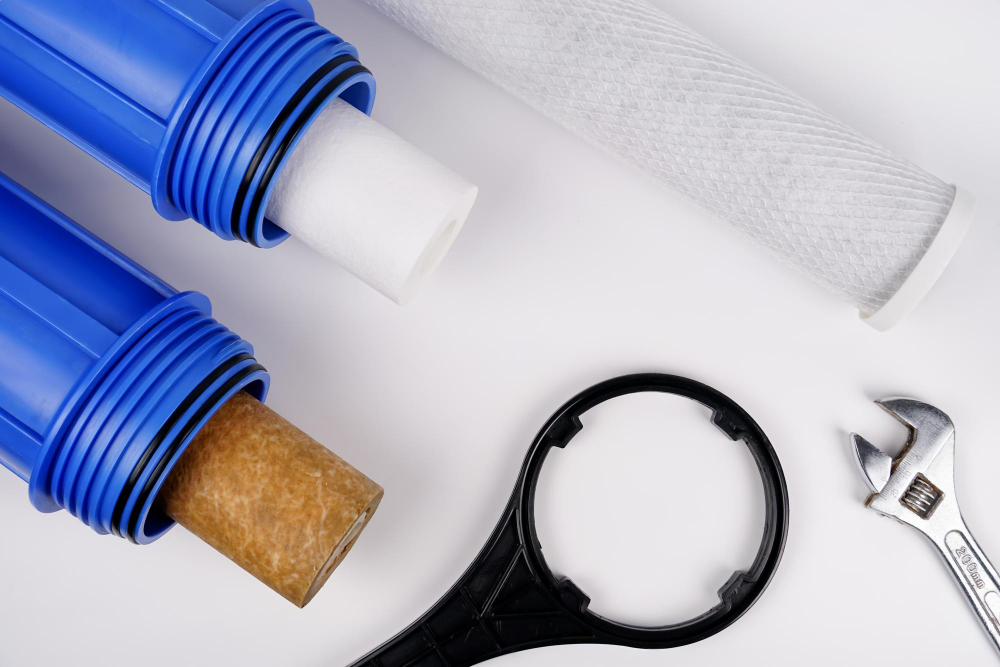What happens when you remove fluoride from tap water?

If you live in the United States, it is highly likely that the tap water you use is enriched with fluoride, a substance that helps prevent tooth decay. However, due to concerns that fluoridated water may increase the risk of other diseases, the capital city of Alaska stopped this practice. What happened?
Most regions of the U.S. and some other countries across the world add specific quantities of fluoride to their community water supplies.
They do this because fluoride can effectively prevent or, in some cases, reverse the formation of tooth cavities. Fluoride promotes the remineralization of teeth, strengthening their enamel and thus helping them fight off the bacteria that cause decay.
For this same reason, most types of toothpaste and many mouthwash products contain some fluoride. However, ingested fluorideTrusted Source tends to accumulate in our bones, which has led some people to worry that drinking fluoridated water might increase the risk of various health problems. These include cancer, particularly osteosarcoma, which is a type of cancer that starts in the bones.
Such concerns led the City Assembly of Juneau to direct the cessation of fluoridation of community water in their area, with effect from 2007.
In a new study that the journal BMC Oral Health recently published, a research team from the College of Health Sciences at Walden University in Minneapolis, MN, and the College of Health at the University of Alaska Anchorage has investigated the effects of this decision on the oral health of the young inhabitants of Juneau.
Increase in requests for dental care
The research team, which Jennifer Meyer from the University of Alaska Anchorage led, looked at the dental records of all the children and adolescents in Juneau who accessed dental health services through Medicaid during 2003 and 2012.
Meyer and colleagues deemed 2003 an “optimal community water fluoridation year,” and they analyzed the dental claims of 853 children and teenagers aged up to 18 years who received dental care that year.
The researchers compared this data with that of 1,052 children and adolescents who received dental care in 2012, 5 years after the City Assembly of Juneau had voted for the cessation of community water fluoridation.
Data analysis revealed that, as the study authors write, “the mean number of caries-related procedures for the 0- to 18-year-old age groups was significantly higher” in the 2012 treatment group, when community water no longer contained fluoride, than in the 2003 group, before the decision to end water fluoridation.
More specifically, “the odds of a child or adolescent undergoing a dental caries procedure in 2003 was 25.2 [percent] less than that of a child or adolescent in [2012],” the study authors explain.
This suggests that the added fluoride did have a protective effect on oral health, which is missing now that community water supplies no longer go through the fluoridation process.


 Yedek Parçalar
Yedek Parçalar